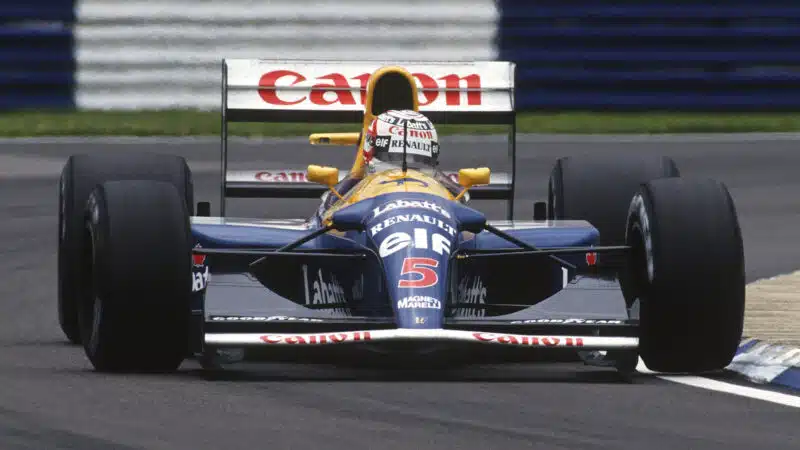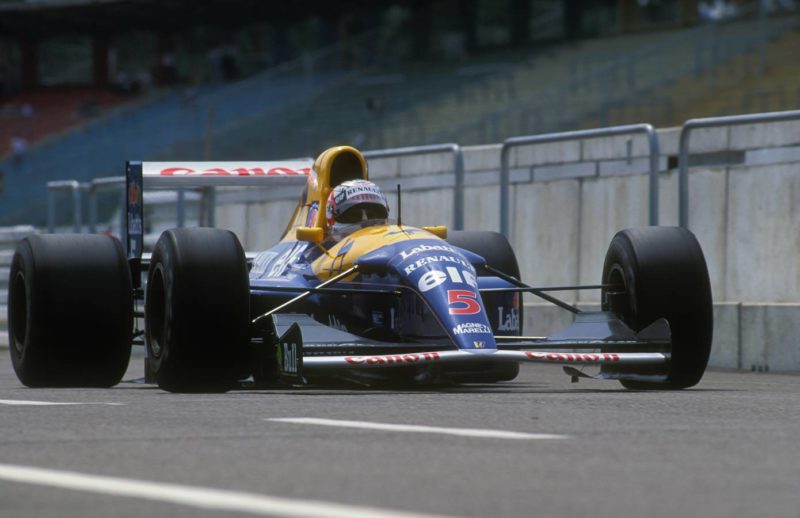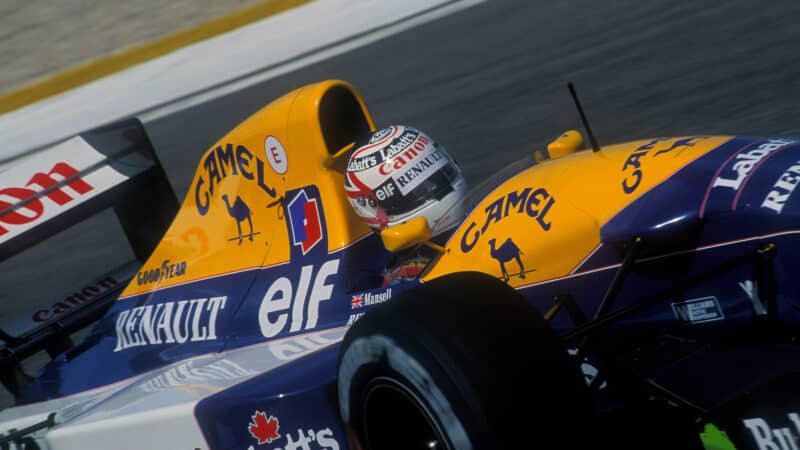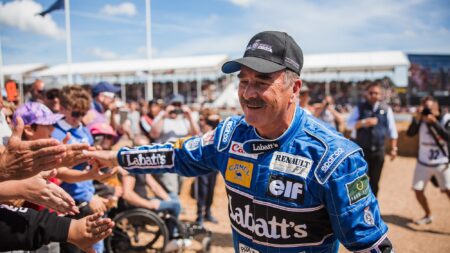“People have debated this and some know what you’re talking about and others will say it’s tosh – they have no idea,” he emphasised. “Even team managers in rugby will say, ‘Let’s make use of the home advantage.’ That’s what you do on home soil.
“In any race, if it’s at home you can raise your game, which means you’re more focused, you’re more committed, you’re wanting something more than perhaps other races you go into. You shouldn’t, because if you’re a professional you should want it just as badly no matter where you’re racing, but home rule overcomes a lot of things.
“That can transmit into a faster time. More important than faster lap times is that you put everything in place to have the perfect weekend to get the best out of yourself. You manage your body, you manage your mind, you manage the car and you pull things out of the hat that you wouldn’t normally be able to do at other races during the year. I was always able to raise my game, quite significantly, at a home grand prix because my comfort zone was there.”
After winning at Silverstone, Mansell’s march towards the title was unstoppable, and he wrapped it all up at Round 11 out of 16 in Hungary – but by then it was clear Williams would sign Alain Prost for ’93, someone the Brit had no interest in being his team-mate.
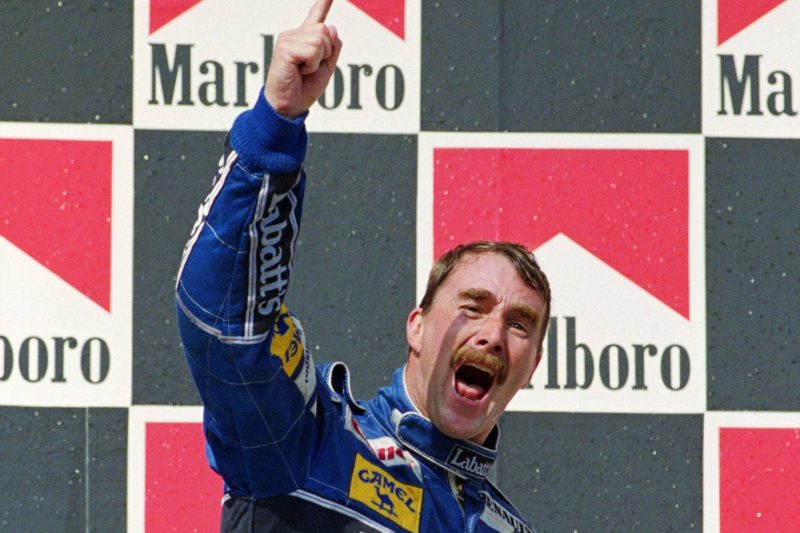
Celebrating his 1992 drivers’ world championship at the Hungarian Grand Prix
Getty Images
Instead, ‘Our Nige’, slightly grumpily, rode off into the sunset (for 18 months at least) to make history by becoming the only man to hold both the F1 and IndyCar titles at the same time after winning the US title in ’93 also.
In hindsight though, late team boss Frank Williams was appreciative of the efforts from one of F1’s greatest chargers.
“Over the years the team had quite a few rocky moments, and Nigel didn’t hesitate in expressing his disappointment in his own well-known way,” said Williams.
“But in 1992 things went well – for most of the year. Nigel had a winning car, but by that time he’d developed into an unstoppable driver. He was almost in a class of his own that year, we couldn’t have won without him.”
